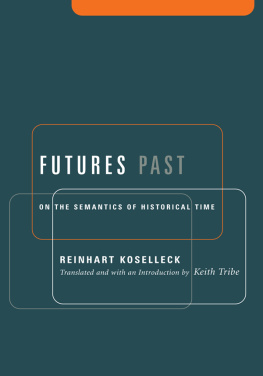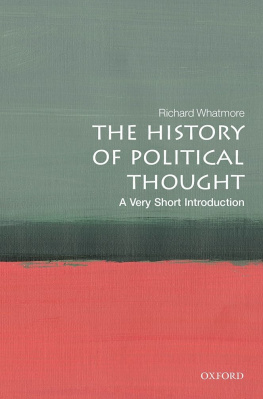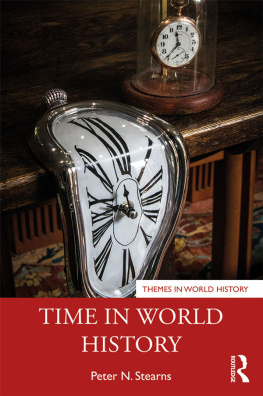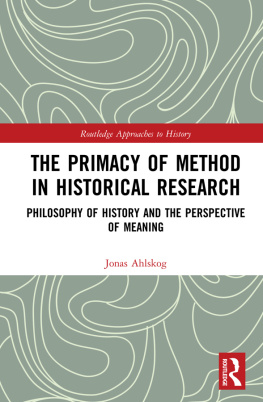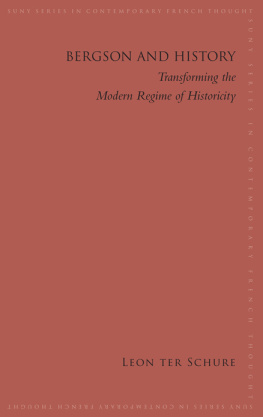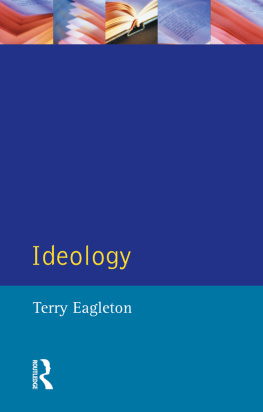
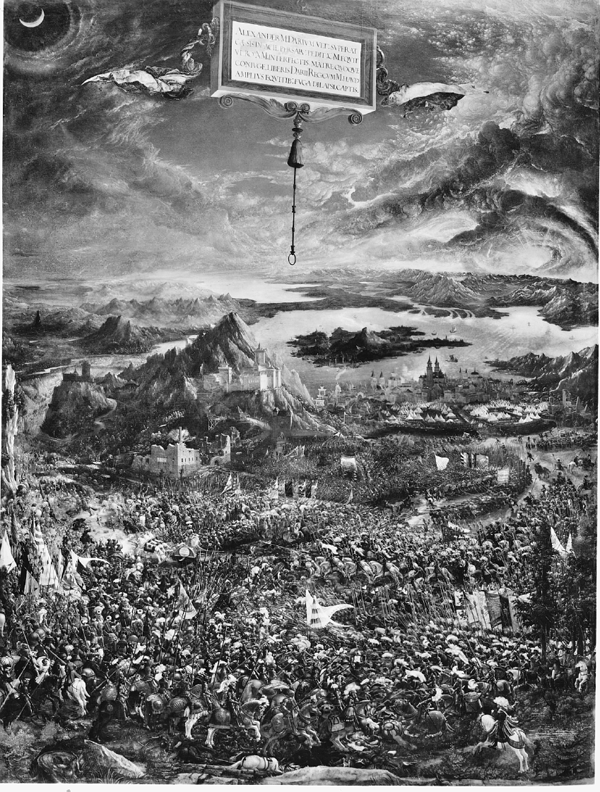
Albrecht Altdorfer, Die Alexanderschlacht, Inv.Nr. 688 (The Battle of Alexander [Issus]) Bayerische Staatsgemldesammlungen, Alte Pinakothek, Munich

ON THE SEMANTICS OF HISTORICAL TIME
REINHART KOSELLECK
Translated and with an Introduction by Keith Tribe
COLUMBIA UNIVERSITY PRESS NEW YORK

Columbia University Press
Publishers since 1893
New York Chichester, West Sussex
cup.columbia.edu
Vergangene Zukunft. Zur Semantik geschichtlicher Zeiten
Copyright Suhrkamp Verlag Frankfurt am Main 1979
Translation copyright 2004 Columbia University Press
All rights reserved
E-ISBN 978-0-231-50204-7
Library of Congress Cataloging-in-Publication Data Koselleck, Reinhart.
[Vergangene Zukunft. English]
Futures past : on the semantics of historical time / by Reinhart Koselleck ; translated and with an introduction by Keith Tribe.
p. cm.
Originally published in English: Cambridge, Mass. : MIT Press, 1985. In series: Studies in contemporary German social thought. With new introd.
Includes bibliographical references and index.
ISBN 0-231-12770-7 (alk. paper) ISBN 0-231-12771-5 (pbk. : alk. paper)
1. HistoryPhilosophy. 2. HistoryPeriodization. 3. HistoryTerminology. 4. Historiography. I. Title. II. Studies in contemporary German social thought.
D16.8.K63313 2004
901dc22
2003070004
A Columbia University Press E-book.
CUP would be pleased to hear about your reading experience with this e-book at .
CONTENTS
Keith Tribe
Reinhart Kosellecks Vergangene Zukunft. Zur Semantik geschichtlicher Zeiten was published in 1979; translations of two essays from this collection were published in the English journal Economy and Society during the early 1980s, certainly rendered Kosellecks work more accessible to the Anglophone intellectual world. Nonetheless, that from this Anglophone perspective Kosellecks writings appeared to follow on from the development by Skinner and Dunn of a new approach to political theory is evidence merely that Anglophone has too often meant Anglocentric.
Skinner and Dunn could be said to have drafted the manifesto of this Cambridge School in the late 1960s;
That English-speaking scholars noticed an affinity with the work of Skinner, Pocock, Dunn, and their students does not of course imply that Koselleck had constructed a German variant of a broadly common project. The work of the Cambridge School is typically associated with a contextual understanding of the political language of a limited range of leading thinkersrespectively for instance Hobbes, Harrington and Locke but elsewhere his reputation was initially established among social, political and literary theorists, and only secondarily among historians.
Generational factors also play a part in the reception of his work outside Germanyin 1965 Koselleck was already 42 years old, having studied history, philosophy, law, and sociology in Heidelberg and Bristol between 1947 and 1953. He submitted his doctoral dissertation in 1954 and in the same year left Germany for a two year period as Lektor at the University of Bristol. He returned to Heidelberg in 1956, and from 1960 he was a member of the Arbeitskreis fr Moderne Sozialgeschichte, a grouping of historians brought together in 1956/57 by Werner Conze that, in effect, introduced modern social history into a German context before the idea of a social history had developed in Britain and North America.
Kosellecks revised 1954 dissertation was published in 1959 as Kritik und Krise, And so this connection proves to be no more than an allusion, but nonetheless suggestive of the impact that Kosellecks work had in the 1980s on an English readership whose schooling had been shaped by Parisian masters.
An early review of Futures Past pointed to the clear influence of Heidegger in the general architecture of the essays. The linkage that Koselleck makes between a chronological past, a lived present that was once an anticipated future, and expectations of the futuresuch that any given present is at the same time a former future Koselleck had direct contact with Heidegger: during the later 1940s and early 1950s Heidegger was a regular visitor to the Heidelberg seminars of Gadamer and Lwith that Koselleck also attended. Koselleck inflected this hermeneutic influence, historicizing what had originally been philosophical reflection on the constitution of humanity in space and time.
How the realization of this vision relates on the one hand to the essays collected here, and on the other to the monumental project on conceptual history that would eventually dominate Kosellecks career for more than twenty years, is best understood through an account of the genesis and development of what became known as the Geschictliche Grundbegriffe project. As already noted, Koselleck had in the later 1950s proposed a one-volume lexicon of political concepts to Conze, and the future editorial team of Brunner, Conze, and Koselleck first came formally together at a planning meeting in 1963. The three future editors did not however share a common intellectual background. Conzes prime interest was the transformation of a pre-industrial world into modernity; and this became social history insofar as this transformation was conceived in terms of successive reclassifications of the social groups involved. Conze had studied in Knigsberg with Ipsen and Rothfels, became a routine point of reference in historical literature, emphasizing the linkage to the Greek sense of oikos on the one side while denying the relevance of a market-oriented economics to the early modern agrarian world on the other.
The title of Land und Herrschaft, his 1939 monograph, denoted not simply a theme, but a problemwhat was Land, how were territory and allegiance constituted and linked together? What was the nature of the power and domination that cemented this linkage in medieval Lower Austria? The subtitle, Basic Questions concerning the History of Territorial Organization in Medieval Austria points to a sustained interrogation of the concepts linked to territorial organization: peace and feuding; state, law and constitution; Land and Landrecht; household and power; Landesherrschaft and Landesgemeinde. These chapter titles follow on from an initial discussion of the nature of politics in a world in which social organization escapes modern conceptions of political conflict and political order, and yet where plunder and feuding are clearly subject to regulationthere is a political order, but not one that is immediately identifiable through modern concepts of the political. And the first section of the work moves quickly from a discussion of the politics of feuding, through four case-studies, to a discussion of the Grundbegriffe: state, arbitrary power, peace; feuding; peace, friendship, enmity; and revenge.
But although Brunner had termed his conceptual approach to medieval history social history, and specified Grundbegriffe as the keystones of such a history, the manner in which these basic concepts were identified sharply differentiated him from both Conze and Koselleck. For Brunner, basic concepts were basic because they were an expression of a concrete order
Next page
